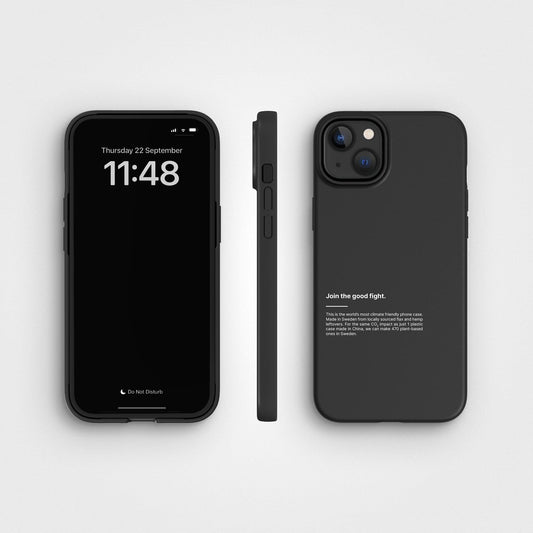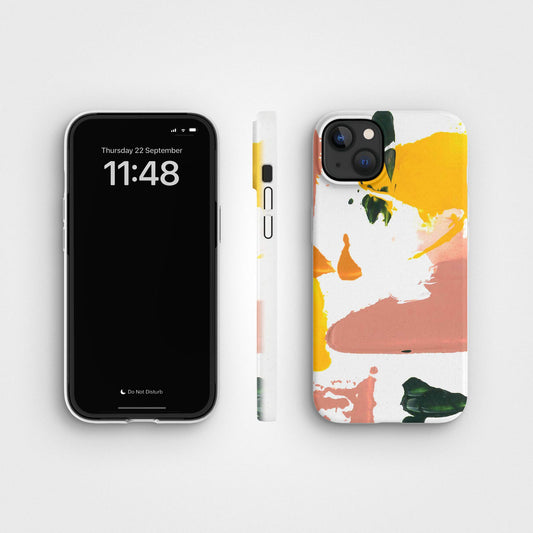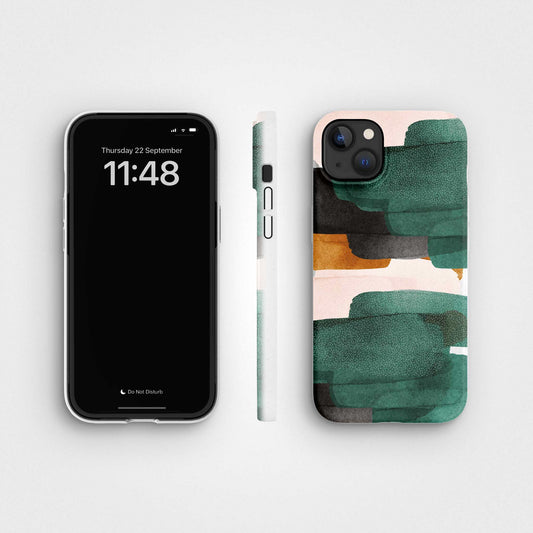“Think about it. The power of communication is how humans taught one another survival skills, history, and built entire empires. So we get the chance to connect this ancient tradition to our present in order to save our future. It’s the most important message we’ll ever get the chance to deliver.”
Elizabeth Torres is a Colombian/American author, translator and multimedia artist. She currently resides in Copenhagen, Denmark, where she is the director and editor of Red Door Magazine as well as the host of the Red Transmissions podcast.
Elizabeth, what did your journey look like from Bogota, via New York and now Copenhagen?
I was born in Bogota, Colombia and I started writing at a very young age, in the midst of the social conflict that has been occurring for decades there. Once my poetry received national attention, I started receiving death threats and was forced to become a political refugee in the United States.
My family and I slowly adapted to the country's traditions and culture, learned the language and restarted our lives there, and I soon started writing in English.
Later on, I attended Kean University for Communications, where I studied Media & Film, and soon after, I moved to New York where I was finally a part of the artistic community.
I really enjoyed the access to museums, galleries and public performances, but soon realized that the United States divides its inhabitants by class and has a serious lack of tolerance towards minorities such as migrants.
I felt inspired to help connect communities to compensate for that lack of support, and moved to Europe in search of new opportunities.

You've been writing creatively since childhood, could you tell us a bit about your passion for writing and how it all began?
As I mentioned before, I started writing as a child and became a national poetry award winner at the age of eight. This was a total surprise to everyone, including myself.
What I was most passionate about was documenting my thoughts regarding what was happening around me: war, sorrow, love, death, social conflicts, politics, corruption, happiness, youth, all intertwined in one big mess of information seen through the eyes of a child.
I also wanted to document how others saw it, so in the US I did interviews and started a radio show in Miami which soon after became the #1 show of that hour in Spanish radio. From there, it was an organic path to study Media & Film and to continue writing.
I am very much in love with languages and communication, so I am also a translator and have published over twenty books, and have three more on the way this year. I am grateful to say that being so in touch with poetry and so passionate about documenting the communities I encounter through this has led to me visiting and performing in over 30 countries.
“In spite of the heartaches, I would do it all over again, because it taught me the power that poetry, that our own creative expression, that our voice - no matter how little we think we are, can indeed make a difference in our community.”

In 1998 your book, Preguntas sin Respuesta (Eng: Questions without answers), received international recognition and you were awarded Best Book of Poetry of the Year by the Colombian Book Chamber. In which ways did receiving this recognition at a young age shape you as a person and an artist?
You could say that this was a defining moment in the start of my career because it gave me and my poetry a platform and caught the attention of the media. The news of the award and my young age immediately caught momentum, and opened the doors to many performances, speaking engagements and publication opportunities.
However, as I mentioned earlier, due to the conflict Colombia was experiencing, it also brought negative attention and forced me and my family to leave.
In spite of the heartaches, I would do it all over again, because it taught me the power that poetry, that our own creative expression, that our voice – no matter how little we think we are – can indeed make a difference in our community.
Apart from being the founder and director of Red Door Magazine and the host of Red Transmissions Podcast, you also work as coordinator for projects connecting artists in the Nordic countries. It seems like you have a lot of exciting projects running simultaneously. Do you have any other goals that you dream of achieving (that you haven't yet pursued)?
Absolutely! But I like to keep those details to myself. In a generic way I can say that I am envisioning a way to intertwine the worlds and projects of migrant artists in Scandinavia to document their existence and their support of the Nordic cultural map, whilst also creating exhibition and publication opportunities for local and visiting artists here in Denmark.
I am of course, also working on books, illustrations, and music. I’d like to soon go back to performing music, this time as a solo project, but I have yet to act on it. I like to think that it isn’t something I haven’t pursued yet but that I am slowly visualising until it’s time to set it free.

A lot of your work is centered around communication, why is it important for you to create spaces where writers and creators can connect and communicate?
Because believe it or not, art and communications are the core documentation of how our society is doing. What’s happening around us, how we are feeling and where we are heading. And sometimes we’re too busy to pay attention to these very important signs that could help us improve not just our personal lives but our environment and the well being of our communities.
By integrating creative expressions and building new connections, we spark the possibility of finding new solutions and healing open sores that cannot be hidden away any longer. To me, this is fundamental because certain communities remain in the shadows due to lack of support on their side of the story. We all miss out if we don’t hear them.

If we don’t have access to seeing what others like us are doing, we end up repeating certain concepts without the chance of advancing further with our ideas.
What, in your view, is society’s greatest challenge, and how can we use communication as a tool to tackle it?
It is clear that our greatest challenge as a society today is the climate emergency we are facing, where solutions are occurring “too little, too late”. How will we tackle this on a local/global scale so as to have effective results?
The answer to this is very intimate, because we each have a very individual voice which is needed urgently to solve this issue.
From student marches and creative campaigns like the Extinction Rebellion, to taking advantage of any public platform we have access to, it’s important that we continue communicating this emergency so that the leaders of the governments in our respective locations feel the pressure and begin doing something about it.
There are old systems at work doing business as usual and resisting this message, but we need to take turns reminding one another how powerful we are and why it is important that we keep on fighting.
Think about it. The power of communication is how humans taught one another survival skills, history, and built entire empires. So we get the chance to connect this ancient tradition to our present in order to save our future. How powerful is this? It’s the most important message we’ll ever get the chance to deliver.

What in your mind signifies “A Good Community”?
A network of individuals who are aware of what is happening around them and want to make informed decisions on the products they use and the life they lead. Ideally also a community willing to use their networks to help one another reach their potential.
Why have you chosen to be part of A Good Community?
Because I am a very curious human, eager to be part of networks and communities looking to protect our planet and one another.
"Well, we all need to hear good news because the current political landscape is hella depressing! But we also need to be inspired and reminded that “waiting for life to take care of it” is not really an option."
What, if anything, could the world benefit from more people getting engaged in things like A Good Community?
Well, we all need to hear good news because the current political landscape is hella depressing! But we also need to be inspired and reminded that “waiting for life to take care of it” is not really an option. I think that being actively engaged within communities like this is a first step to reminding ourselves that our actions matter, and have consequences.
Photos of Elizabeth Torres by Robert Butcher, New York and Zarko Ivetic.





























